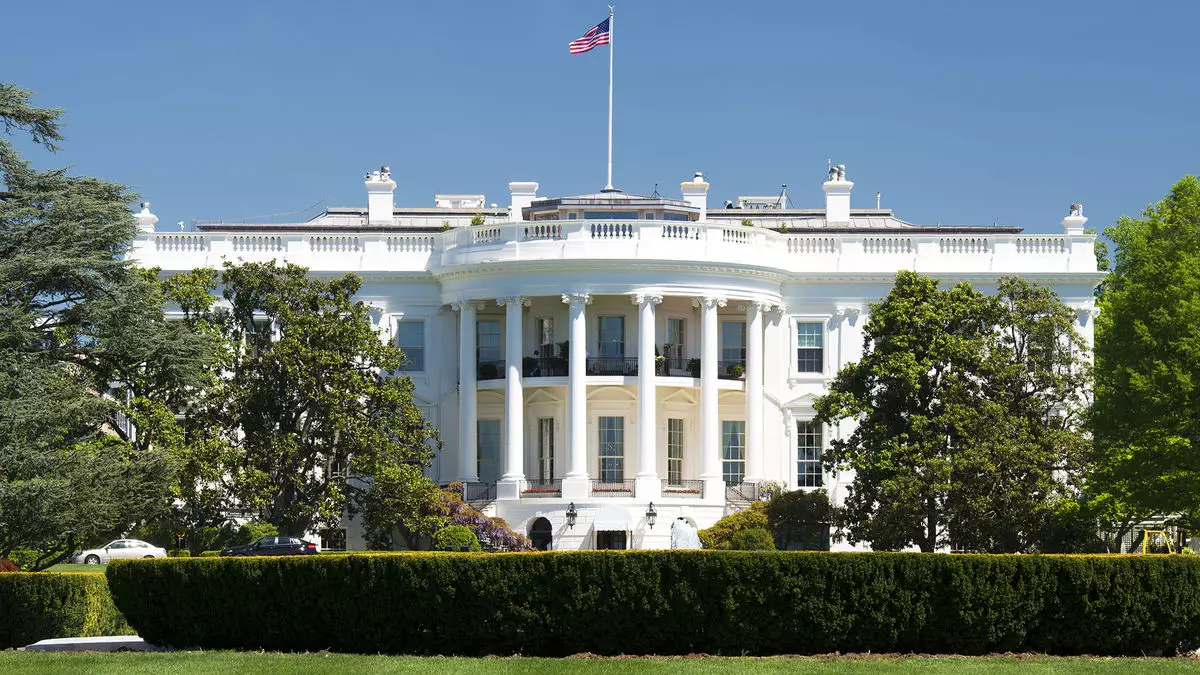In the wake of recent political changes, the travel industry braces itself for a landscape marked by new policies and leadership. With the re-election of President Donald Trump, professionals in the field express cautious optimism and watchful anticipation regarding the transformations in Washington. The American Society of Travel Advisors (ASTA) stands at the forefront of this evolution, steadfast in its advocacy for travel advisors across the nation. This organization’s core principles remain unchanged, embodying the voice of travel professionals amid the shifting tides of governance.
Jessica Klement, the vice president of advocacy at ASTA, emphasizes continuity despite the political flux. “Administrations change, but our priorities do not,” Klement states, reflecting the unwavering focus on representing the interests of travel advisors. While political dynamics shift, so too do the opportunities for constructive engagement with policymakers. Klement pointed out that the incoming Trump administration might present an avenue for more favorable business conditions, suggesting that there may be aspects of travel policy that could receive renewed attention compared to the previous administration.
This perspective raises questions about the inherent challenges faced by the travel agency community, especially in a climate where priorities may seem divergent. Klement indicates that advocacy efforts must focus on creating compelling cases for policies that promote the viability and growth of travel businesses. This proactive approach is particularly vital given the current uncertainties around impending travel regulations.
Several pressing matters stand out as focal points for ASTA’s advocacy as it enters this new chapter. Among them is the Department of Transportation (DOT) rule concerning the designation of the “merchant of record.” This rule has significant implications for the financial responsibilities of travel agencies when airlines cancel or significantly alter flights. Traditionally, travel agencies may not hold this designation, yet there are instances when they do. Klement argues for modifications allowing travel advisors to be responsible for refunds only when they hold the funds, positing it as a straightforward rationale for the new administration to consider.
Another critical issue involves labor regulations, specifically the impending Department of Labor overtime rule. In July, this rule raised the salary threshold for overtime eligibility, impacting numerous workers in the industry. As the threshold is set to increase further, it casts a shadow over many travel businesses that may struggle to meet these new financial obligations. Notably, a similar initiative was previously halted during Trump’s initial term, highlighting the unpredictable nature of such regulations.
As ASTA navigates the new political environment, Klement advised vigilance regarding emerging topics that include potentially controversial travel bans and the introduction of “junk fee” legislation. Such issues could have widespread implications for consumer trust and industry stability. Travel advisors, equipped with firsthand knowledge of consumer needs, may play an integral role in shaping discussions around these topics.
Additionally, the quest for representation is paramount. Klement underscored ASTA’s continued efforts to secure a seat for travel agency professionals on the DOT’s Aviation Consumer Protection Advisory Committee. Such representation is crucial in ensuring that the concerns of the travel agency community are adequately addressed during discussions of consumer rights and agency regulations.
As a call to action, Klement encourages ASTA members to leverage their voices in engaging with their newly elected representatives. Simple gestures, such as sending congratulatory emails, can foster relationships and lay the groundwork for future advocacy efforts. This connection is not merely symbolic but rather a strategic necessity in an era where collaboration may unlock doors to policy changes that benefit the entire travel ecosystem.
As the travel industry anticipates alterations stemming from the new Trump administration, the importance of advocacy remains paramount. ASTA, under Klement’s guidance, is poised to address significant challenges while remaining focused on its foundational mission—to champion the needs of travel advisors. This dual commitment to vigilance and proactive engagement will design a roadmap for the future, ensuring that the voice of the travel agency community reverberates through the corridors of power in Washington.


Leave a Reply